India continues to gain significant importance as a key tourist destination, which is evident from the 6.7% annual growth in foreign tourist arrivals (FTA) over the last 25 years.
MUMBAI – The joint publication of the knowledge paper ‘Travel 2.0 – The Next Generation of travel’ by FICCI and Avalon Global Research (AGR) was released at the Digital Travel, Hospitality and Innovation Summit that was held at FICCI, Federation House, New Delhi, on 22nd and 23rd March , 2017. “The travel, tourism & hospitality (T&H) industry in India is at an inflection point, and the industry is yet to reach its optimum potential,” said Jyotsna Suri, Chairperson, FICCI Tourism Committee and Chairperson and MD, Lalit Suri Hospitality Group, who was speaking at the event.
India continues to gain significant importance as a key tourist destination, which is evident from the 6.7% annual growth in foreign tourist arrivals (FTA) over the last 25 years. However, the country’s foreign tourist penetration, which is at a mere 0.6%, is the lowest when benchmarked against key economic blocks such as The Emerging Markets (5%), The GCC (85%), OECD (49%) and ASEAN (15%). This reflects the immense potential of the T&H industry in India that is yet to be tapped. “When it comes to defining the growth of a business or an industry, the speed of the business transaction plays a very critical role, which can only be achieved through technology inclusion across the ecosystem. The T&H industry has become one of the biggest beneficiaries of such digital evolution,” said Avijit Banerjee, Vice President, Avalon Global Research, who was also speaking at the event on the knowledge paper.
The knowledge paper reveals the way T&H industry was transformed from the analog to digital age, which was largely due to the digital evolution that was witnessed in the past three decades. The FTA that was 1.3 million in the 1980s grew approximately eight times to 8.0 million in 2015 due to the key evolution in the digital space that happened since 1990 together with a shift towards tourism friendly policies. The biggest move that combines technology adoption and policy was the E-Visa initiative that was implemented in January 2015. The E-Visa that was rolled out to 40 countries in 2015 has been extended to 161 countries at present. This initiative will further boost the traffic growth in FTA. The growth in outbound and Domestic Tourist Visit (DTV) traffic has been exponential since 1990. The introduction of Global Distribution System and private domestic air carriers in the 90s; the e-ticketing that dissolved boundaries, the birth of online travel agents and IRCTC, and the introduction of low cost carriers in the first decade of the new millennium; and the importance of social media, advent of mobile app based bookings, and use of big data for marketing and customization has changed the way travel used to be perceived in the analog age.
“The key emerging trends across the travel lifecycle aided by digital inclusion has highlighted two significant takeaways – a paradigm shift in traveler’s perception from just being a mere consumer of travel services to experiencing those services; and a significant importance being placed on the decision making process while planning a travel,” said Banerjee, who was speaking on the knowledge paper. The adoption and evolution of technology across the travel process – planning, executing, experiencing and review – has not only intensified competition among the operators in the travel space but has also led to continuous innovation to provide value addition and enhance the travelers’ experience. “Travelers today are not hesitant to ask their travel agents about the view that they will get from the window of their hotel room, the amenities, and the space of the room. This only highlights that every detail is being considered before a traveler decides on a travel plan,” said Suman Billa, Joint Secretary, Ministry of Tourism.
The knowledge paper has also tried to draw the attention of all stakeholders across the T&H ecosystem in terms of key suggestions, which if adopted will bring in more convenience for the travelers and growth of the industry. Data capturing of domestic travel across all forms of transport and sharing them between the government and private agencies will help chart out proper tourist classification. Integrated cloud computing of storing valid identity documents such as passport, driving license, etc., and enabling real-time monitoring will make the process of check-in to a hotel seamless. Leveraging further on the big data analytics to offer personalized services to travelers would augur well for traffic growth. Integrating multi-lingual capabilities across all online booking platforms would eliminate the element of inconvenience among travelers who are more comfortable with vernacular medium, thereby boosting the online booking traffic. By adopting these key initiatives, the T&H industry is well poised to capitalize on the untapped potential.
Tatiana is the news co-ordinator for TravelDailyNews Media Network (traveldailynews.gr, traveldailynews.com and traveldailynews.asia). Her role includes to monitor the hundrends of news sources of TravelDailyNews Media Network and skim the most important according to our strategy. She holds a Bachelor degree in Communication & Mass Media from Panteion University of Political & Social Studies of Athens and she has been editor and editor-in-chief in various economic magazines and newspapers.

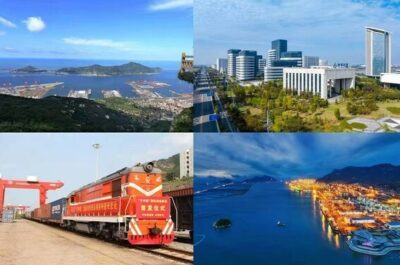

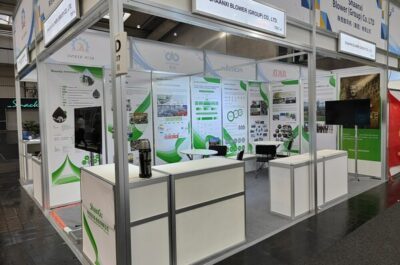
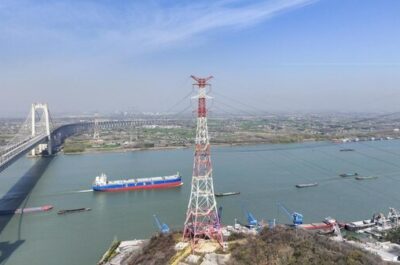




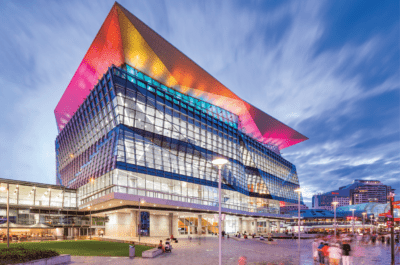










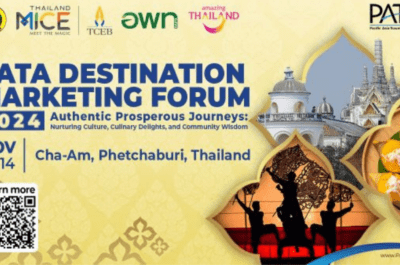

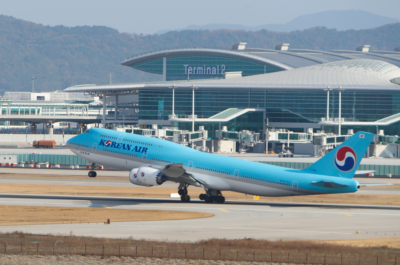















![[PR] PR_Ascott and Vimut Hospital_2024](https://www.traveldailynews.asia/wp-content/uploads/2024/04/PR-PR_Ascott-and-Vimut-Hospital_2024-400x265.jpg)






























